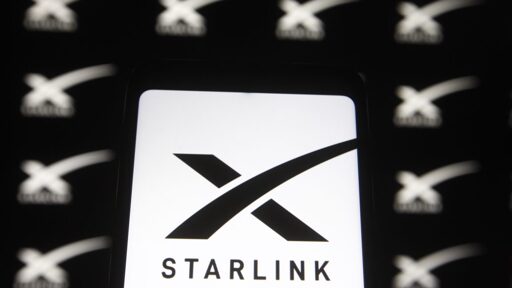Starlink operator SpaceX is fighting Virginia’s plan to deploy fiber Internet service to residents, claiming that federal grant money should be given to Starlink instead. SpaceX is already in line to win over $3 million in grant money in the state but is seeking $60 million.
Starlink is poised to benefit from the Trump administration rewriting rules for the $42 billion Broadband Equity, Access, and Deployment (BEAD) grant program. While the Biden administration decided that states should prioritize fiber in order to build more future-proof networks, the Trump administration ordered states to revise their plans with a “tech-neutral approach” and lower the average cost of serving each location.



Reminds me of the German Telekom and their unceasing effort to slow down state subsidised fibre deployment.
The subsidies are primarily for towns left behind with bad ADSL (it was below 30mbit average and is now afaik 100mbit), that want to build their own local fibre nets cause nobody else does.
They seem to watch for construction permits and then swoop in and build a few fibre adsl distribution boxes or elevate a street or two with fibre to raise the average speed in town just above threshold. The local net looses the subsidies and usually stops construction or if already built only commercial customers are still allowed to be connected…
I love it when they reopen construction sites where cables from other carriers were recently buried (after Telekom said no) because NOW they want to provide their shit there too.
Capitalism is a disease.
It would be a shame if some random accident were to befall those token distribution boxes…
When we got cable TV and proper broadband internet with it, the previous company relying on the local monopoly got extremely pissed. Every of their services costed the multitude of what competitors, even on phone line, could offer. Most outrageous was ADSL. Competitor ADSL started at HUF5 000 for 384k download speed, topped at HUF15 000 for 2M, per month. The local provider? It started at HUF20 000, for a laughable 256k download speed. Explanation? The parent company thought it was a luxury, because you could just send a hand-written mail instead of the e-mail, get a dish TV with HBO and a tape recorder with a timer instead of torrenting movies, etc.
DTAG should be a wholly state owned company again.